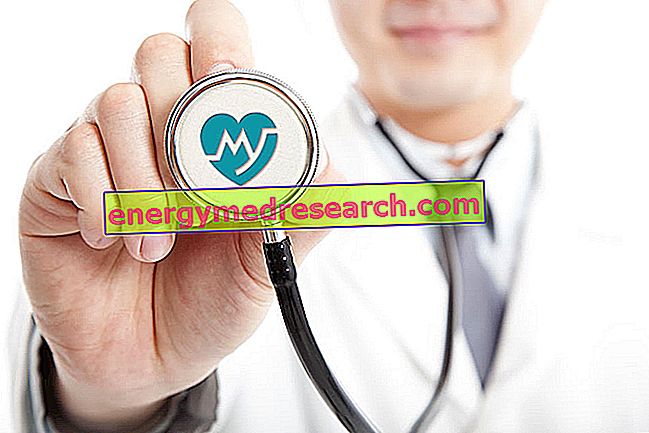Under normal conditions a healthy person does not perceive cardiac activity; when the opposite happens we speak of heart failure.
The subjective perception of the heartbeat may depend on an alteration of the rate at which the heart contracts and relaxes or on the increase in the amount of blood expelled at each cycle. In the first case, heart failure can be linked to a pathological arrhythmia or to a simple acceleration of the heart rate, induced by a violent physical effort, by a state of hyper-excitation or by an anxiety crisis.

If the disorder arises suddenly and ceases just as quickly, it could be a paroxysmal cardiac arrhythmia. If instead the patient perceives a continuous sensation of irregularity of the beats, it could be atrial fibrillation.
Heart disease is often felt by anemic, hyperthyroid patients, in the course of febrile or hypoglycemic episodes and in the presence of cardiac dysfunctions (aortic insufficiency, arteriovenous fistulas, extrasystolic arrhythmia, atrial fibrillation). It can also arise due to the abuse of certain foods (coffee, tea, tobacco, alcohol, dark chocolate), slimming supplements or drugs (caffeine, ephedrine, amphetamines, atropine, thyroid extracts, adrenergic and sympathomimetics in general).
The most frequently associated arrhythmias are extrasystoles. This term is intended to describe a condition in which a heartbeat arises in an abnormal location and, overlapping with the basal rhythm, alters the normal rhythm of contraction and relaxation of the heart. Following this alteration the patient feels a characteristic vibration or thud at the cardiac level, followed by a compensatory pause or by the momentary arrest of the beat. The extrasystole is in fact usually followed by a period of relaxation of the heart longer than normal, called a compensatory pause. The disorder can also be isolated or occur periodically. If a sporadic episode of extrasystoles should not worry the patient excessively, when the phenomenon is repeated with a certain frequency or is associated with other symptoms (dizziness, pain, breathing difficulties), it could hide a much more serious problem, such as states of myocardial suffering or dangerous organic diseases.
The objective finding of the causes of heart disease, being its perception rather subjective, is obtained by means of the electrocardiogram during the crisis or within 24 hours (dynamic ECG according to Holter).



